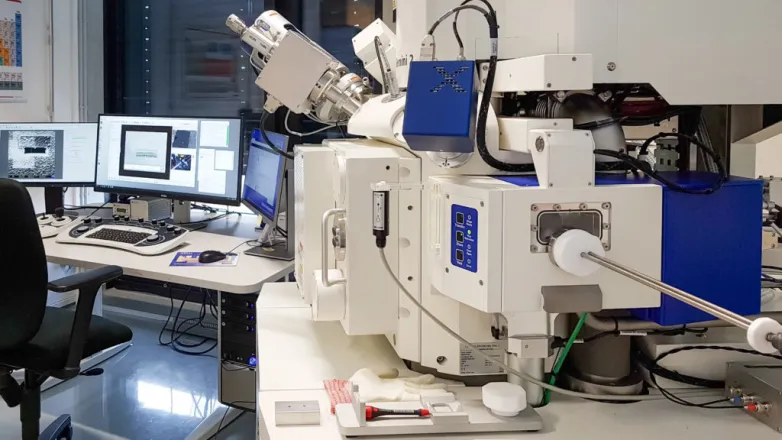German scientists research study solar cells with scanning electron microscopic lense
- Scientists at the Centre for Solar Energy as well as Hydrogen Research Baden-Württemberg (ZSW) are making use of a brand-new scanning electron microscopic lense to examine solar cells.

The Stuttgart-based centre-- thought about a leading establishment in the study of photovoltaics-- has actually been utilizing the microscopic lense considering that January 2020 to much better recognize solar cells' framework as well as user interfaces on a nanoscale. Scientists are likewise concentrating on problems to enhance the top quality of photovoltaic systems, decreasing CO2 discharges.
ZWS analytics as well as simulation team leader Dr Theresa Friedlmeier stated: "The gadget opens brand-new opportunities for us in the examination of thin-film solar cells. It assists us grow our understanding of solar cells and also create enhanced procedures with greater effectiveness and also reduced expenses."
Electron microscopic lens are made use of to create solar cells based upon copper, indium gallium as well as selenium (CIGS), providing three-dimensional photos of the cells' chemical, development as well as morphology make-up. Three-dimensional pictures assist researchers take a look at the user interface in between the CIGS as well as the layer of cadmium sulphide, identifying tooth cavities and also international bits in the products.
" We can currently evaluate the sizes and shape of additions as well as bits, and also explore micro-areas making use of energy-dispersive X-ray spectroscopy," included Friedlmeier.
The microscopic lense's concentrated ion beam of light will certainly likewise aid scientists prepare products on a nanoscale, preparing examples for future examinations. "For instance, we can utilize it to prepare great cross-sections of CIGS solar cells on adaptable substratums without destructive or dividing the specific layers, which had actually been really hard in the past."
The scanning electron microscopic lense was gotten by means of a EUR650,000 give provided by the state of Baden-Württemberg, south-western Germany.
Also read

